Opposition Urges Kenyans to Boycott Pro-Government Firms
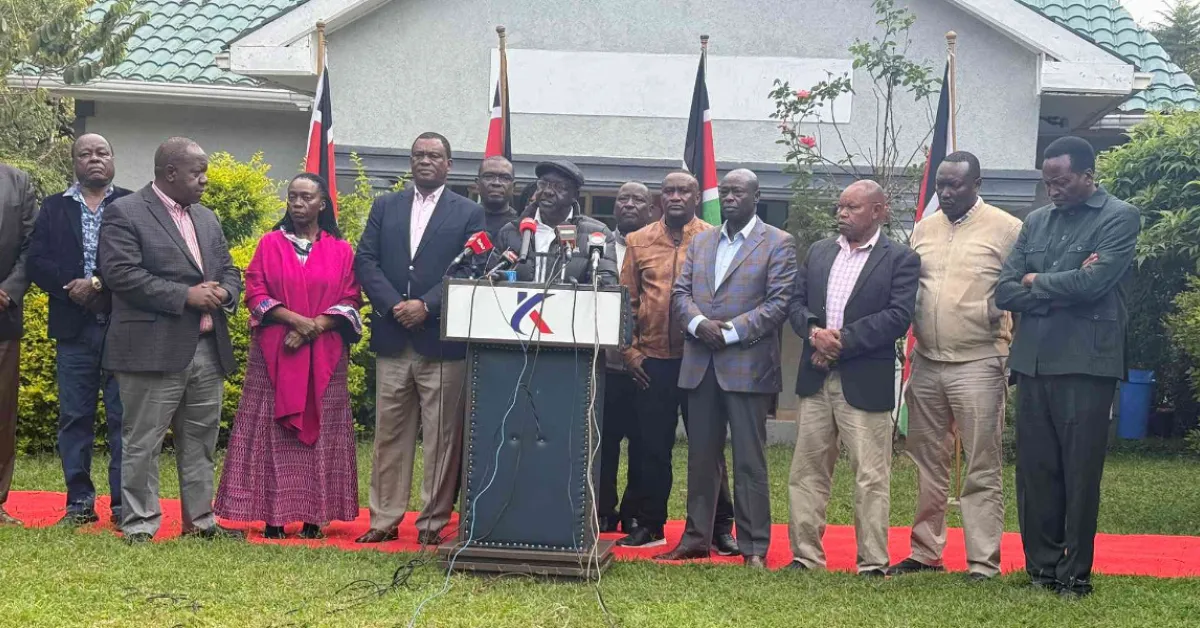
Kenyan opposition leaders have initiated a nationwide boycott targeting businesses and institutions perceived to be aligned with President William Ruto's government.
The boycott, announced on 8 July at the SKM Command Centre in Nairobi, follows recent violent anti-government protests and represents a strategic shift in the opposition's efforts to challenge what they claim is a repressive and unaccountable regime. The boycott campaign is being spearheaded by a coalition of prominent figures, including former Deputy President Rigathi Gachagua, Wiper Party leader Kalonzo Musyoka, Martha Karua of the People's Liberation Party, Eugene Wamalwa (DAP-K), Justin Muturi (Democratic Party), former Interior Cabinet Secretary Fred Matiang'i, and Jubilee's Torome Saitoti.
They have collectively accused the Kenya Kwanza government of orchestrating state-sponsored violence, ethnic persecution, and extrajudicial killings, particularly in regions known for their political opposition to the current administration. At the core of the opposition's campaign is the newly established People's Restoration Justice Commission (PRJC), launched on 24 June. This commission is tasked with documenting alleged atrocities committed by state actors and pursuing justice through public and private legal channels.
Makueni Senator Dan Maanzo indicated that the PRJC would compile evidence for submission to the Director of Public Prosecutions (DPP). Should the DPP fail to act, the commission will initiate private prosecutions. The PRJC's membership is also set to expand from four to nine, incorporating journalists, retired judges, legal experts, and representatives from human rights organisations.
The opposition's accusations include claims of rogue police units and armed militias, allegedly sanctioned by the state, being deployed to suppress dissent. Incidents cited involve the disruption of a Kenya Human Rights Commission press conference by a gang reportedly linked to the government, and a raid on Kitengela Hospital where medical procedures were halted and equipment looted.
Further reports have emerged detailing vandalism, looting of businesses, and bodies being collected by police trucks. Dr Mukhisa Kituyi, former Trade Minister and ex-UNCTAD Secretary-General, delivered the coalition's statement, asserting that the regime has moved beyond repression into "full-blown persecution". He describes the situation as systematic and sanctioned at the highest levels of government, stating, "This regime is hostile to all. It cannot be reasoned with and must be resisted. We will not rest, retreat or surrender."
The opposition's rhetoric has drawn comparisons between Kenya's current security climate and the gang-controlled zones of Haiti. They contend that the government's actions constitute crimes against humanity under Article 7 of the Rome Statute of the International Criminal Court, to which Kenya is a signatory. Alleged violations include murder, torture, abductions, and political persecution.
In response to what they term "an undeclared war on the Kenyan people," the opposition has outlined a three-pronged strategy: economic boycott, civic disengagement, and grassroots mobilisation. They plan to release a "list of shame" identifying businesses and institutions affiliated with the regime, encouraging citizens to crowdsource intelligence and avoid patronising these entities. Additionally, they have pledged to shun events organised by pro-government actors, including civil society groups perceived to legitimise state violence.
Jubilee Party Secretary-General Jeremiah Kioni has called for public inquests into deaths and disappearances linked to the protests, insisting that individual officers and commanders must be held accountable. The opposition maintains that justice must be pursued relentlessly, with no timeline imposed on the PRJC's work.
"This is a people's initiative," Maanzo emphasised, "We will continue until everyone gets justice and the people are satisfied."
Constitutional lawyer Bob Mkangi has described the formation of the PRJC as a tactical manoeuvre to pressure the government for transparency. While acknowledging the commission's lack of statutory authority, Mkangi noted its symbolic power in amplifying public grievances and documenting abuses. The opposition's campaign arrives in the wake of the Saba Saba Day protests, which were marred by violent confrontations and a heavy-handed police response.
Rights groups have reported at least 31 fatalities, with widespread condemnation of police brutality and the use of paid agents to disrupt peaceful demonstrations. President Ruto, for his part, has dismissed the opposition's actions as attempts to destabilise the government through unconstitutional means. He has urged critics to prepare for the 2027 elections rather than incite unrest.


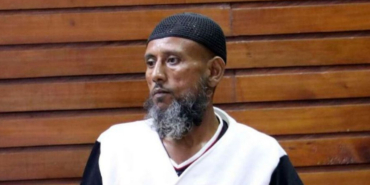
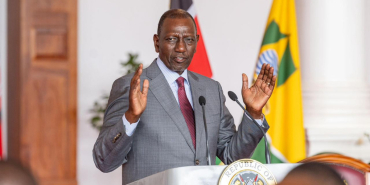
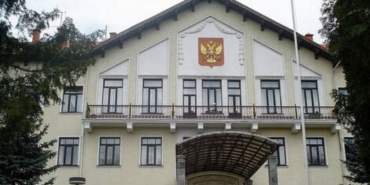
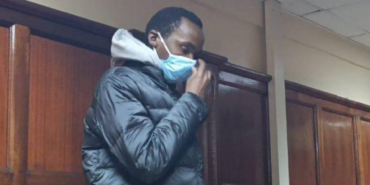
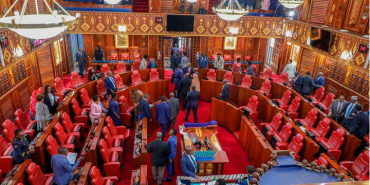
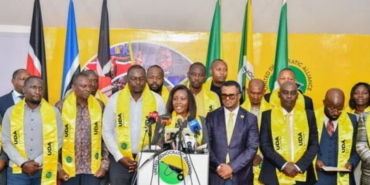
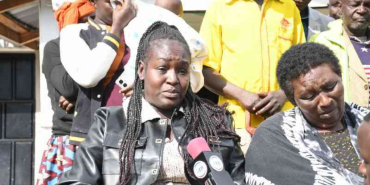
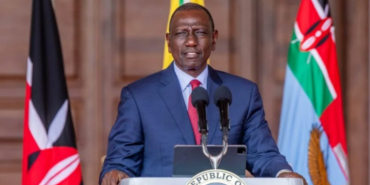


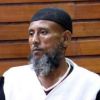
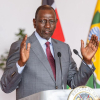
Add new comment